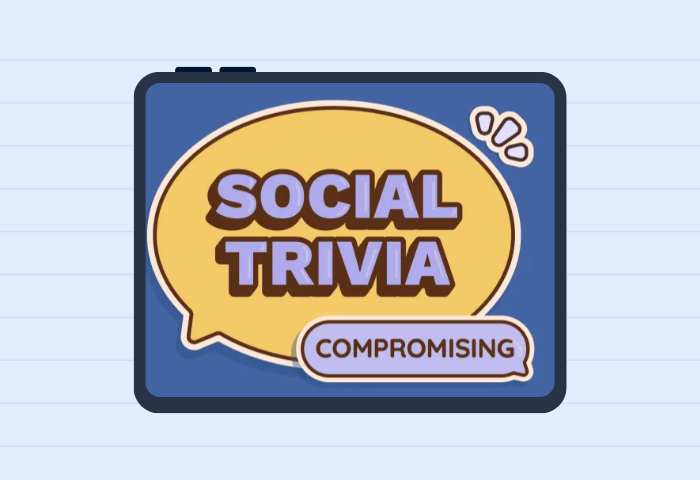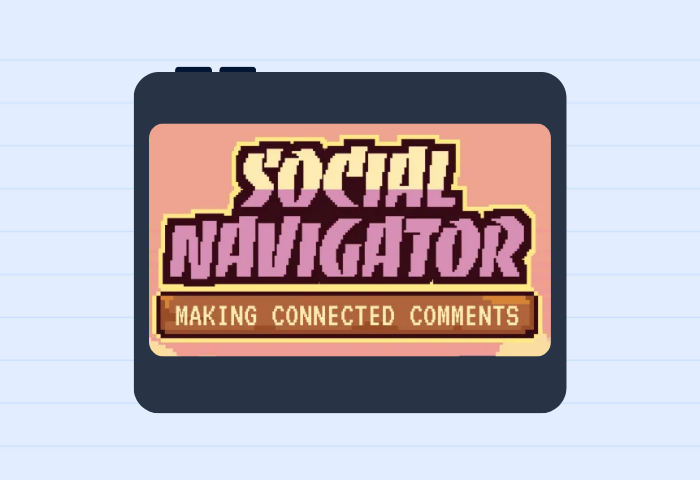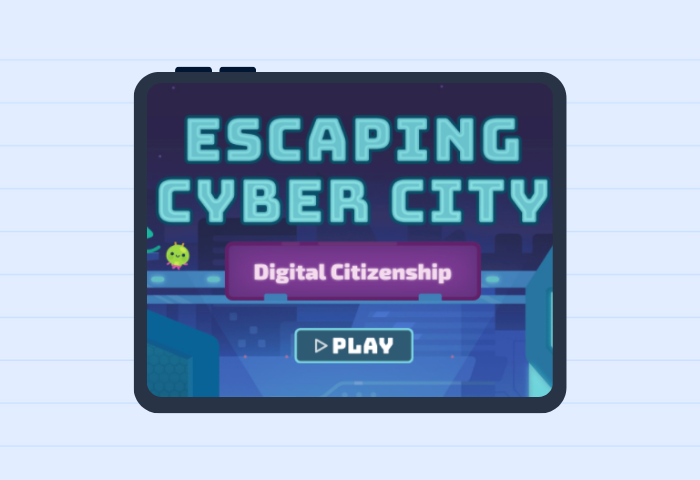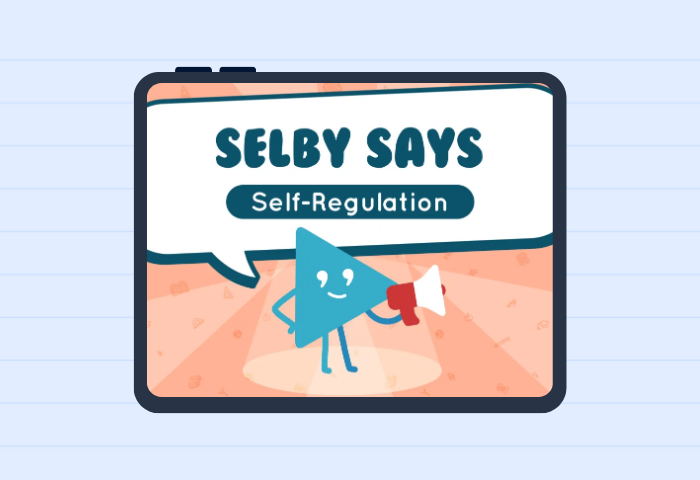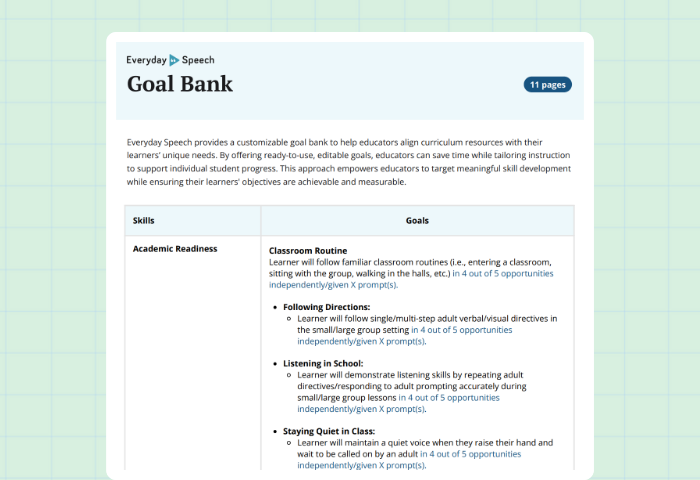The Importance of Teaching Social Skills
Get free social skills materials
No-prep lessons on self-regulation, emotional recognition, conversation skills, and more.
Sign up hereA huge part of my job as a speech therapist is teaching social skills to children and young adults. People are often surprised at that and ask me why a speech therapist would teach social skills. The biggest reason we work on them is because they are an integral part of communication. When people think of speech therapists, they probably imagine someone playing a game with a young child and working on pronouncing their “r” sounds or lisps. What most people don’t understand is that teaching people how to effectively use language to communicate is a huge part of our job!
Related resources: See our full list of video modeling activities for teaching social skills.
This is where social skills come in. As you might know, social skill development is a huge challenge for individuals who have Autism Spectrum Disorders. Fifty percent of my caseload is working with students who have Autism, ranging from severe to mild forms. One thing they have in common is difficulty using language and understanding social situations. Many of these children don’t know how to use language in a variety of ways – whether it’s asking for help or holding conversations. We often refer to social skills as Pragmatic Language, pragmatics, or social pragmatics, meaning that context plays a large role in appropriate language use.
Some students need help with basic interactions like greetings and making eye contact. Others need practice having conversations. Think for a moment about all of the different steps that need to go smoothly for you to have a conversation. It might seem simple, but there is a lot more to it than you think. You have to enter into the conversation appropriately, wait your turn to speak, and make appropriate and relevant comments based on what the other participants have said. Then there are more complicated nuances – how do you maintain the conversation? Each one is different. My students have a really hard time with this concept. Many times they are only able to ask one question and then the conversation stops there.
I tell my students to think of a conversation like a tennis match, where the ball goes back and forth. It needs to keep moving or else the game will end. This image has helped them understand the importance of keeping the conversation going. I even bring in a ball sometimes so they benefit from the hands-on learning of throwing the ball back and forth. This helps drive home the concept of turn taking as well. Teaching how to have conversations is so important for my older students so they can form relationships with peers and/or the people around them. I’ve even done lessons on how to use social media and texting so my older students communicate with their peers.
Another aspect of teaching social skills is the importance of nonverbal communication, such as body language. My students have a really difficult time reading the social cues around them and knowing how to respond to them. For instance, they have a hard time knowing if they are too close to someone. We know that this makes people feel uncomfortable and even if we didn’t, we could tell by the look on their face and their body language. These social cues don’t register for many people with Autism. Knowing how to act and what to say in different settings can be really hard for them. We practice reading the room and using the clues around us to know how to act in different moments. We also practice reading people by looking at their age, gender, and clothing we can make some guesses as to things they might like or some appropriate topics of conversation. For example, when they look at their teacher versus looking at a seventeen year old student, you can guess they will have different interests. If someone is wearing a t-shirt with a sports logo on it then you could start a conversation about sports.
The significance of social skill lessons is teaching tools and strategies that can help people become more independent. For example, being able to ask for what they need in different settings, either school, a job site, or out in the community is an important skill. Another important life skill is being able to talk to different groups of people. Some of my students have a hard time talking with people their own age, while others find it difficult to speak to adults. In life you need to do both. I also want my students to be able to form friendships and meaningful relationships with others. This can be tremendously challenging for so many reasons; the tendency to have narrow interests, a lack of interest in being around other people, the need for routine, and not knowing how to keep a friendship to name a few. My ultimate goal for my students is for them to become independent communicators. Social skill training is an important part of the path to get there.

